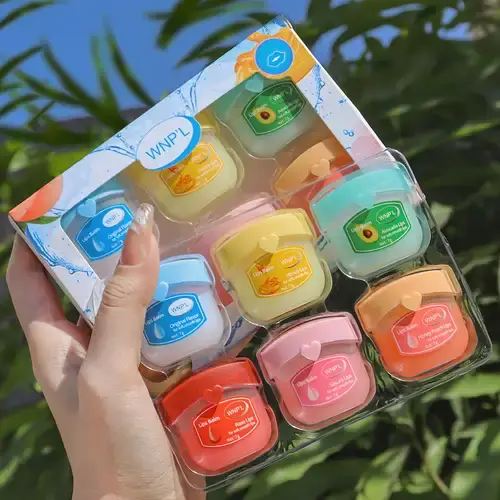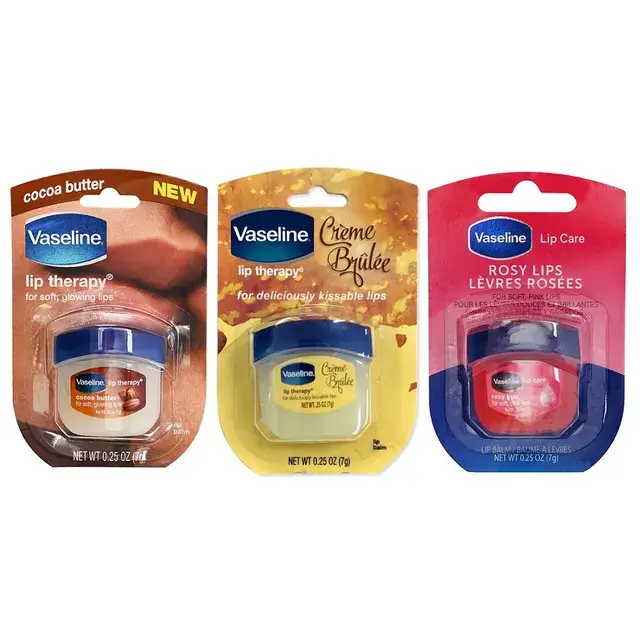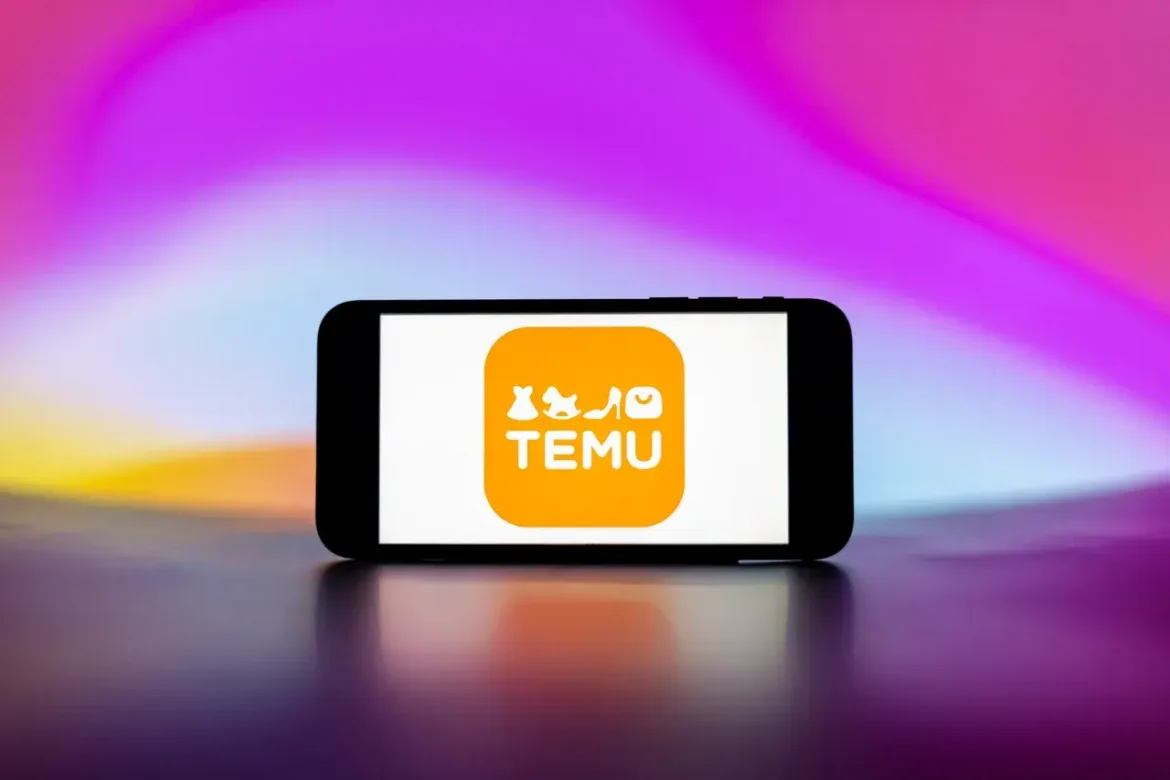In an era where online shopping dominates consumer behaviour, a new player, Temu, has emerged, prompting curiosity and caution among shoppers worldwide. With its promise of low prices and an expansive product range, Temu has quickly become a topic of interest and speculation. In this Temu review, we will give you everything you need to know about the shopping platform, its business model, the concerns surrounding it, and what shoppers need to know before filling their carts.
What is Temu?
At its core, Temu is a digital marketplace that boasts an almost limitless array of products. From fashion to electronics, kitchen gadgets to outdoor furniture, and much more, Temu positions itself as a one-stop shop for online consumers. Launched in September 2022, it has seen a meteoric rise in popularity, becoming the top shopping app in major app stores with over 30 million new downloads each month.
This Chinese-owned platform’s standout feature is its unbelievably low prices, which often prompts questions about the quality and authenticity of its offerings.
The Business Model Explained
One of the most pressing questions about Temu concerns how it can afford to sell products at such low prices. Owned by PDD Holdings, which recently moved its headquarters from China to Ireland, Temu operates on a direct-to-consumer model that significantly cuts costs.
This model allows Temu to avoid tariffs and offer goods at prices that seem too good to be true. However, this has raised concerns, including allegations of engaging in practices that circumvent the Uyghur Forced Labor Prevention Act, suggesting some products could be made with forced labour.
Navigating Temu’s Marketplace
Shopping on Temu might feel like a treasure hunt, with deals so tempting that they often push consumers to impulse buy. The website and its apps are designed to gamify the shopping experience, featuring pop-ups, discount wheels, and countdown clocks to create a sense of urgency. However, consumers should be wary of lightning deals and the authenticity of products.
Reports have emerged of Temu sellers stealing designs from independent creators, and despite an intellectual property policy in place, enforcement appears lax.
Is Temu Legit?
Amidst its popularity, consumers have questioned Temu’s legitimacy and the safety of shopping on the platform. Temu, a subsidiary of the multinational commerce group PDD Holdings, now headquartered in Dublin, Ireland, positions itself as a legitimate marketplace, offering authentic products that range from generic brands to lesser-known manufacturers.
The platform’s association with PDD Holdings and its strategic international base underscore its efforts to establish credibility and navigate global trade complexities.
However, the legitimacy of tech products on Temu depends on a blue checkmark next to the product listing, indicating brand authenticity. Concerns have been raised regarding the authenticity of name-brand products, with some customers reporting items that differ in quality or appearance from their expectations.
In response, Temu has implemented measures like the Purchase Protection Program, offering refunds for items that are not as described, arrive damaged, or fail to arrive within 90 days of purchase.
Consumer Safeguards
Shopping on Temu, like any online platform, comes with risks. To mitigate these, experts suggest using features like “Hide My Email” for Apple users or creating a separate email address for online shopping. Secure payment methods such as Visa gift cards or digital wallets can also protect against potential security breaches.
Product Quality and Delivery
While Temu’s low prices are a significant draw, they also raise questions about product quality. Reviews on the platform are mixed, with some shoppers praising their purchases and others expressing disappointment over discrepancies in product quality or delivery delays. Temu’s policy requires a minimum purchase amount for free shipping and offers credits for delayed shipments, demonstrating an attempt to balance customer satisfaction with operational challenges.


Controversies and Ethical Concerns
Temu’s business practices have come under scrutiny, particularly regarding compliance with labour laws and the ethical sourcing of products. Reports have highlighted concerns about forced labour and the platform’s adherence to the Uyghur Forced Labor Prevention Act. Additionally, while efficient, Temu’s reliance on third-party sellers and the direct-to-consumer model raises questions about product authenticity and copyright infringement.
Data Privacy and Security
Temu’s data collection and sharing practices have sparked debate in an era where data privacy is paramount. The platform’s privacy policy outlines the data types collected and shared, including with third-party advertising and marketing firms. This practice, common among e-commerce platforms, underscores the importance of consumer awareness regarding data privacy rights and the potential implications of data sharing.

Final Thoughts
Temu offers a tempting proposition for shoppers seeking low prices and a wide product selection. However, navigating this marketplace requires an informed approach, acknowledging the potential benefits and risks.
By understanding Temu’s business model, taking precautions to protect personal information, and carefully considering the quality and sourcing of products, consumers can better navigate the complexities of shopping on Temu and make decisions that align with their values and shopping preferences.






